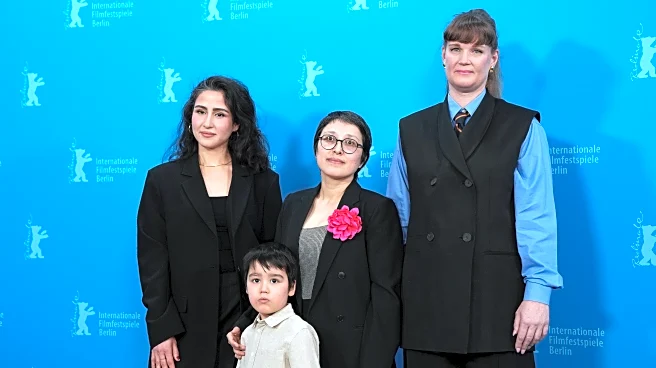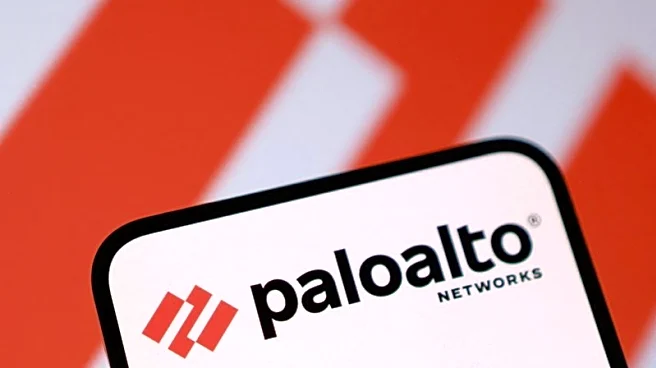Rapid Read • 8 min read
Emil Barr, a 22-year-old entrepreneur, has sparked debate by advocating for a work-only lifestyle during one's peak years to achieve financial freedom by age 30. Barr, who has built multimillion-dollar companies, argues that traditional work-life balance is a trap that leads to mediocrity. In a Wall Street Journal op-ed, Barr outlines his approach, which includes outsourcing nonessential tasks, minimizing social commitments, optimizing educational choices, and prioritizing business obligations over personal engagements. Barr's perspective contrasts with other leaders who emphasize the importance of maintaining a healthy balance between work and personal life.
AD
Barr's stance highlights a growing trend among Gen Z to prioritize financial independence and career success over traditional work-life balance. This approach reflects broader shifts in the workforce, where flexibility and autonomy are increasingly valued. However, it also raises concerns about potential negative impacts on mental health and personal relationships. As more young professionals adopt this mindset, businesses may need to adapt their policies to accommodate different work styles and expectations. The debate underscores the tension between achieving rapid success and maintaining long-term well-being.
Barr plans to slow down his intense work pace once he achieves his goal of becoming a billionaire by age 30. He intends to focus on personal causes such as climate change and economic inequality. Meanwhile, the discussion around work-life balance is likely to continue, with varying opinions from business leaders influencing workplace culture. Companies may need to reassess their support systems to ensure employees can pursue ambitious goals without compromising their health and personal lives.
Barr's approach raises ethical questions about the sustainability of a work-only lifestyle and its impact on societal values. The emphasis on rapid success may contribute to a culture that undervalues personal well-being and community engagement. As more individuals pursue aggressive career paths, there could be long-term shifts in how success is defined and achieved, potentially affecting future generations' attitudes toward work and life balance.
AD
More Stories You Might Enjoy












